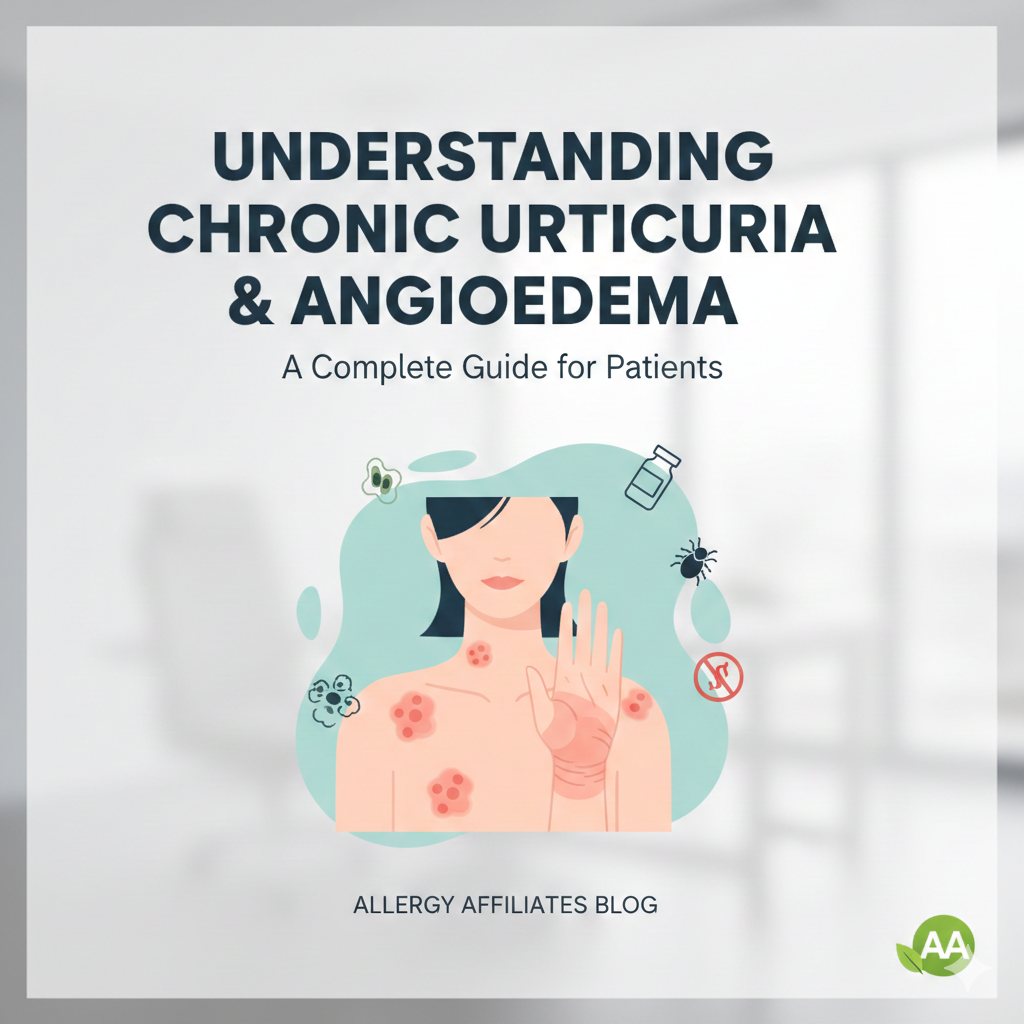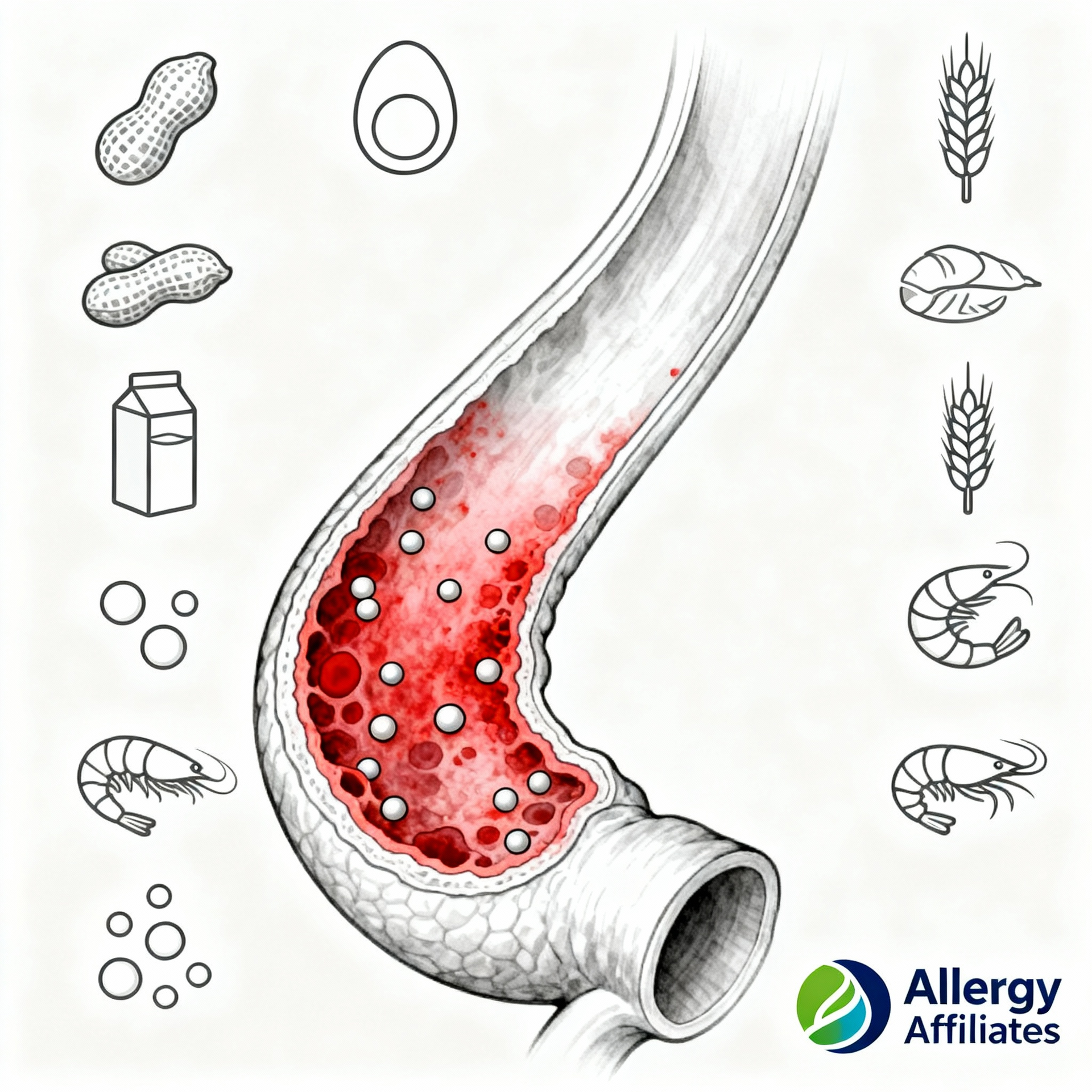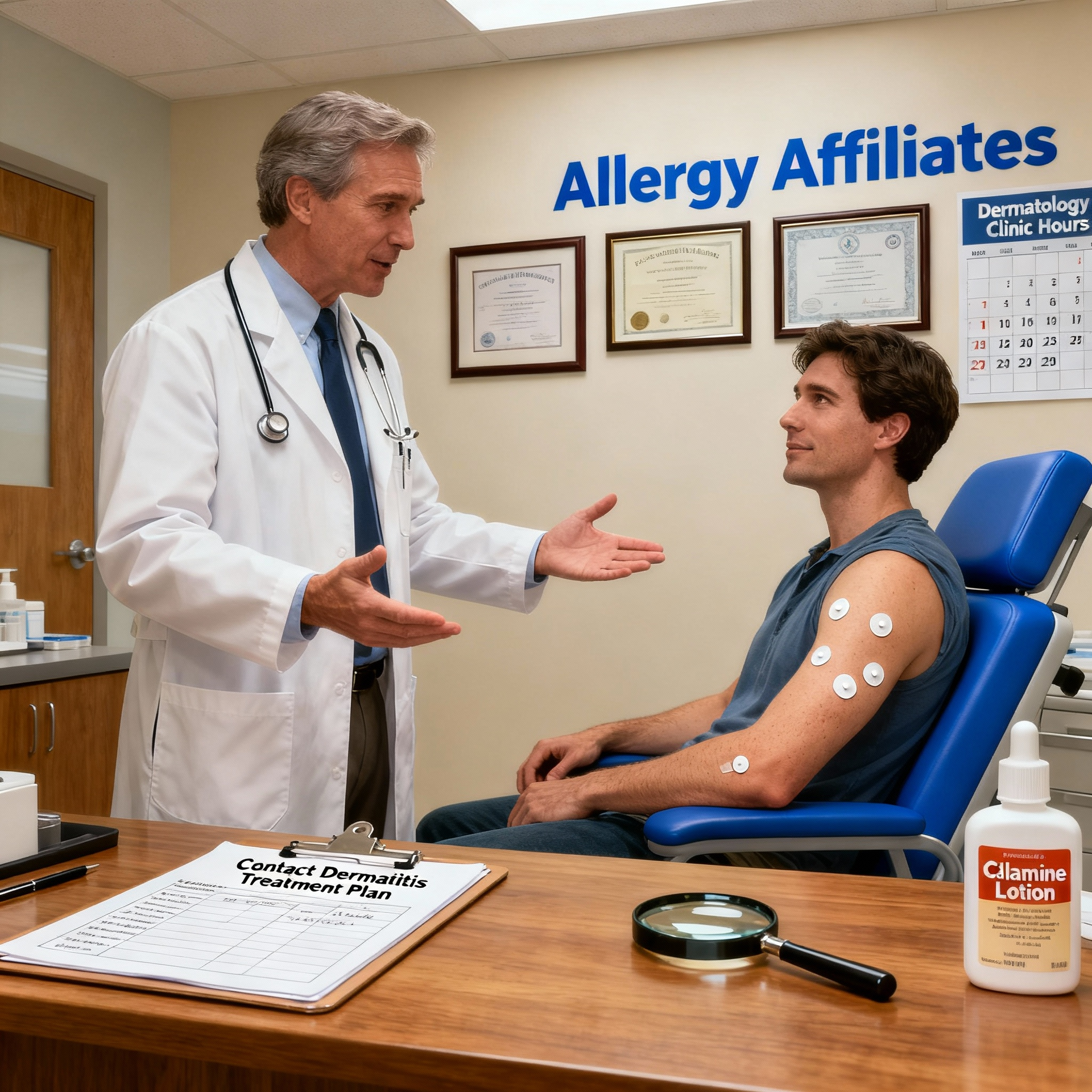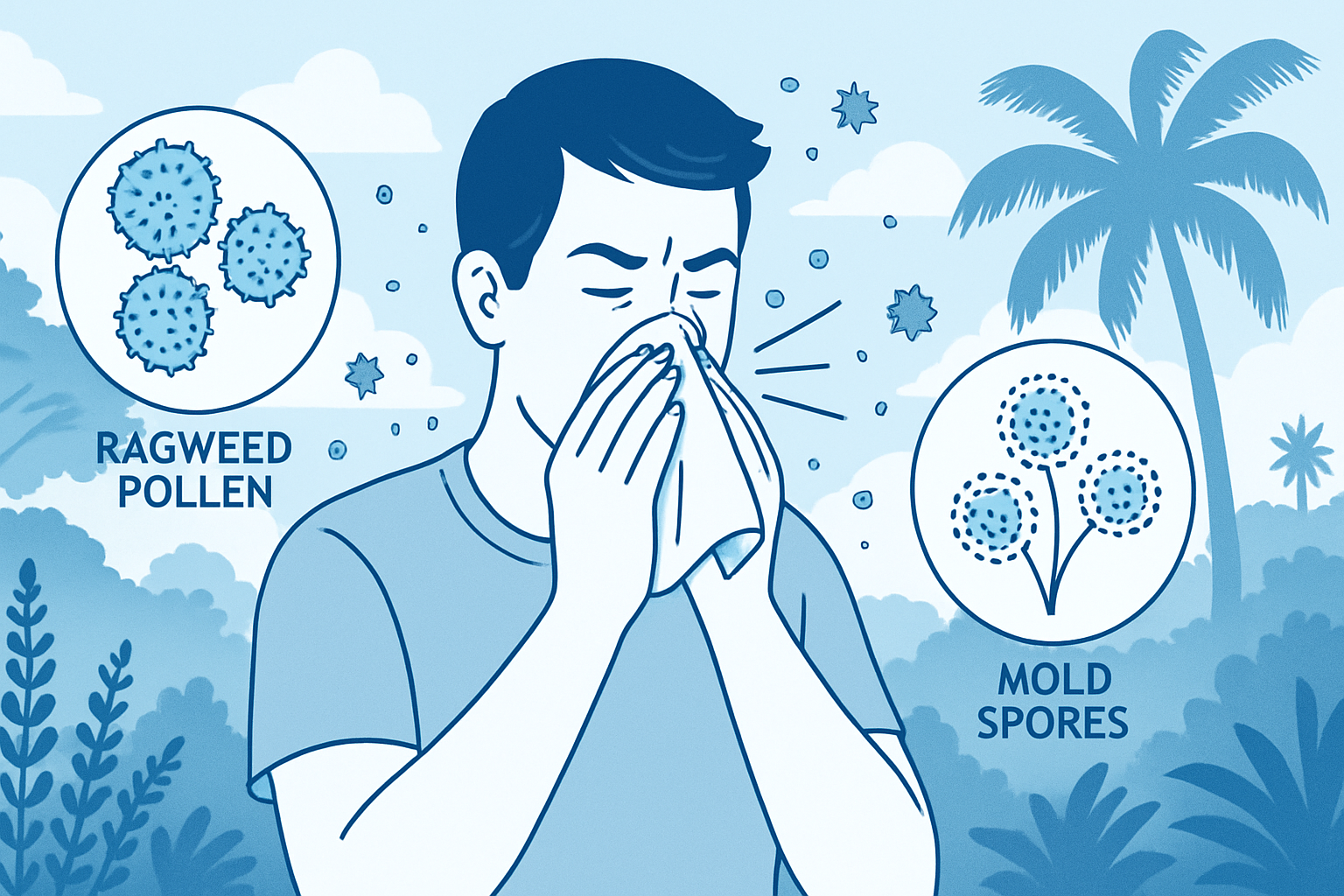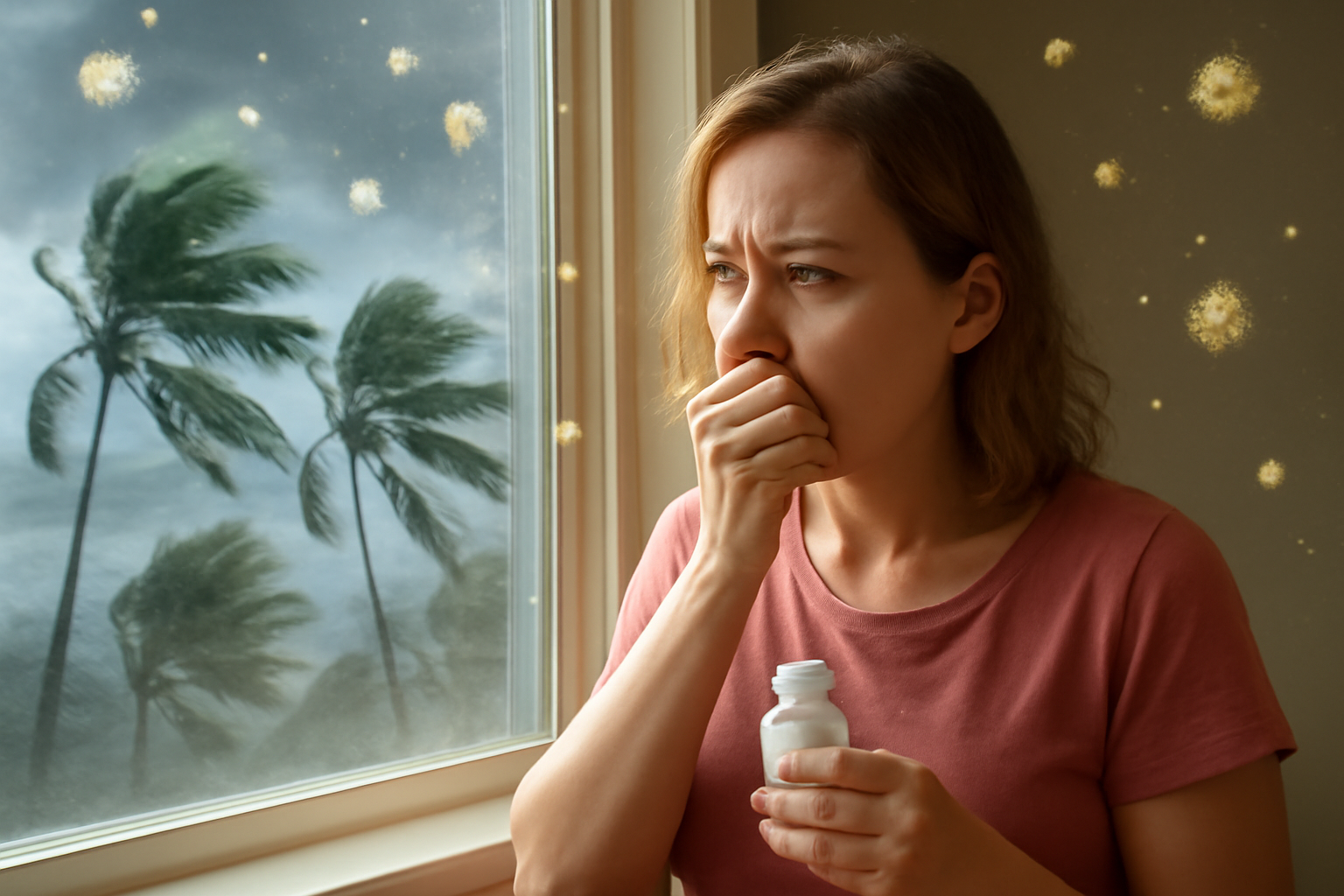
Most people think that allergies and migraines have nothing in common. However, modern medical research says these two health conditions are connected in many ways. Some headaches or migraine attacks occur when you have an allergic reaction. What's more, people with allergies are more likely to develop migraines. But where's the connection?
During an allergic reaction, your sinuses get inflamed and filled with mucus. As a result, your airways get obstructed, causing several symptoms like sneezing, wheezing, clogged, or runny nose. The inflammation of these sinuses causes your head to hurt. What's more, allergies often worsen the symptoms of headaches.
This article will focus on the connection between allergies and migraines or headaches. We'll discuss allergy-induced migraines and provide you with essential management tips. So, without further delay, let's begin.
What is an Allergy?
An allergy occurs when your immune system mistakenly attacks regular proteins. Your immune system overreacts, causing irritation and inflammation. The symptoms include sneezing, watery eyes, clogged/runny nose, skin rash, itchiness, etc.
What is a Migraine?
A migraine is an intense headache accompanied by a throbbing or pulsating sensation on one side of the head. In addition, migraine attacks typically induce vomiting, nausea, and light sensitivity.
The Connection Between Allergies and Migraines
Can allergies cause migraines and headaches? Yes, it can. During an allergy attack, your skull's hollow spaces called sinuses fill with mucus, and inflammation typically follows. The inflammation triggers headaches and migraines. What's more, the pain gets worse in several ways.
Such as:
- Getting exposed to too much sunlight
- When bending over or lying down
- Inhaling strong smells
- Temperature changes
As the migraine progresses, complications often follow like:
- Vomiting
- Nausea
- Intense throbbing on one side of the head
Migraine pain is tough to handle as it is. The painful sensations get worse with allergies.
Helpful Tips for Allergy Management
Here's a compilation of the things to remember to reduce the risks of allergies that could lead to migraine attacks.
Learn Your Local Pollen Count
Pollen is one of the most common culprits in triggering an allergic reaction. Keep yourself updated regarding your area's local pollen count. You can find information from the local weather forecast or mobile apps. Minimize your outdoor activities when the pollen count is high. In addition, wear a mask when you need to go outside. Avoiding pollen allergens reduces the risks of triggering allergy attacks. It keeps you safe from allergy-induced migraines too.
Keep Your House Clean
Staying indoors during allergy season keeps you safe from pollen allergens. However, there are risks inside the house too. Molds and mildew grow in the dark recesses of your homes. Mold allergens put you at risk of triggering an allergic reaction. Clean the dark areas of your house to prevent molds and mildew growth.
Regularly Change Your Bedsheets
Bedsheets, pillowcases, blankets, and other fabrics inside your bedroom are the favorite dwelling places of dust mites. These microscopic critters could trigger an allergic reaction. Change and clean these household items regularly to prevent them from multiplying.
Always Keep Anti-Allergy Medicine Handy
Allergens are difficult to avoid since they are practically invisible to the human eye. The best way to prepare is to have an available anti-allergy medication. Drugs that reduce the symptoms of allergies can be bought over the counter. These drugs are highly effective and inexpensive too. Here are some examples: antihistamines, decongestants, corticosteroids, and saline sprays.
Fortify Your Immune System
Boosting your immune system is one of the best ways to manage allergies. You can do this by taking vitamins, getting ample sleep, eating healthy foods like fruits and vegetables, and exercising.
Helpful Tips for Allergy Management
Managing a migraine is challenging and can be potentially debilitating. But the good news is that it can be beaten. Here are helpful tips for managing pain caused by migraines.
Mild to Moderate
Non-steroidal anti-inflammatory drugs (NSAIDs) are ideal for mild to moderate cases. Mild migraine attacks don't usually come with nausea. So analgesics do the trick.
Moderate to Severe
Migraine-specific drugs like triptans are recommended for moderate to severe migraine attacks. In cases of migraine with nausea or vomiting, specific non-oral medicines for migraines work better.
Status Migrainosus
Debilitating migraines require more potent medications. Regular painkillers will not work, even at higher doses. A combination of parenteral drugs and intravenous fluids is the ideal treatment in such cases.
When to See A Doctor
We highly recommend visiting your doctor whenever you experience prolonged allergy-induced migraine attacks. Sure, you can find home remedies that could relieve the symptoms, but a health professional's diagnosis is still best.
Conclusion
Allergies can trigger migraine attacks, and that's an irreversible fact. Educating yourself with relevant and factual information about managing its symptoms is vital. But the best place to begin is finding a reliable team of allergists to provide you with accurate allergy testing, diagnosis, and treatment.
Enjoy an Allergy-Free Lifestyle and Live a Better Life
Living with allergies and migraine can be challenging and demanding. That's why we're here for you. You can rely on Bradenton and Sarasota Allergist Dr. Sabharwal to help you improve your quality of life through safe and efficient allergy treatment services.
Call
Allergy Affiliates at 941-792-4151 or book your appointment online by clicking on this
link.

